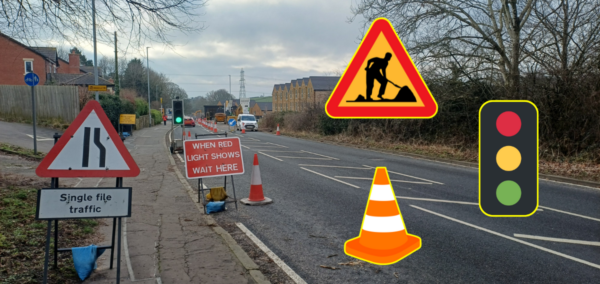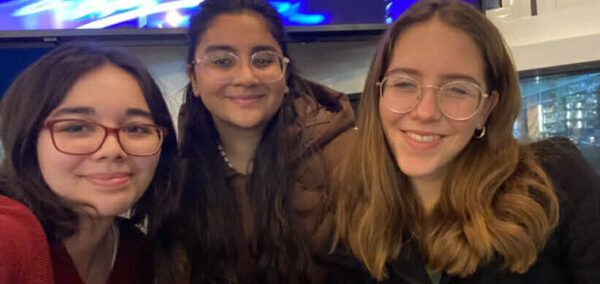
Russell Group universities to teach students how to use ChatGPT as part of their studies
‘We know that students are already utilising this technology’
Russell Group universities will begin to teach students how they can use ChatGPT in their studies as part of a new set of guidelines aimed at making students and staff “AI literate”.
The new guidelines, which all vice-chancellors at the 24 prestigious universities have signed up to, marks a clear U-turn from the initial response from many universities which involved trying to impose blanket-bans on the use of generative AI by students.
The guidance places emphasis on staff to help students with how they can use generative AI like ChatGPT as a learning tool without risking academic integrity.
Professor Andrew Brass, head of the school of health sciences at the University of Manchester, said: “We know that students are already utilising this technology, so the question for us as educators is how do you best prepare them for this, and what are the skills they need to have to know how to engage with generative AI sensibly?”
However, The Tab today revealed universities could face an uphill battle with encouraging “sensible” use of AI after we uncovered investigations into students using AI chatbots to cheat in their assessments are taking place at more than 40 per cent of UK universities.
A quarter of Russell Group universities have opened a case against at least one of their students for suspected use of ChatGPT or a similar chatbot since December 2022 with the University of York having investigated 20 students and found five guilty.
A University of York spokesperson told The Tab: “These figures demonstrate that our guidance has been effective in helping identify, monitor, and review cases that staff and students are concerned about in relation to this technology.
Most Read
“We also think it’s important, however, to harness advances in artificial intelligence in order to explore ways in which it can be used appropriately to make learning experiences more rewarding and relevant.
The new Russell Group guidance outlines five guiding principles the universities should hold themselves to:
- Universities will support students and staff to become AI-literate
- Staff should be equipped to support students to use generative AI tools effectively and appropriately in their learning experience
- Universities will adapt teaching and assessment to incorporate the ethical use of generative AI and support equal access
- Universities will ensure academic rigour and integrity is upheld.
- Universities will work collaboratively to share best practice as the technology and its application in education evolves
The Russell Group guidance does not say how assessments will change as a result of ChatGPT, stressing “appropriate adaptations will vary by university” and “protecting this autonomy is vital”.
Professor Fabio Arico, a professor of higher education and economics at the University of East Anglia has numerous ideas.
The lecturer, who is also the director of the Centre for Higher Education Research Practice and Scholarship explained he had begun using oral exams in a bid to avoid students using ChatGPT in essays.
“Sometimes innovating is about finding ways to save time rather than waste more time and I mean oral exams is a typical example. I have a conversation and in 15-20 minutes you’re able to extract much more information than reading a 2,000 word essay,” he told The Tab.
“Can we make our lives easier, most certainly and many colleagues don’t actually want to. They don’t know how to, they are scared to and it’s like Black Mirror. I always tell my colleagues watch Black Mirror because that’s pretty much giving you an idea about the kind of world we are operating in.”
He added: “I understand people being scared and people being afraid of change but hey this is our job, we need to train students for the world out there and we can’t just do things how we’ve been doing them for the past 30 years, it’s just not acceptable it’s as simple as that.”
Related stories recommended by this writer:
• Over 40 per cent of universities are investigating students for using ChatGPT to cheat
•First known student caught using ChatGPT at UK university – here’s how they were exposed
• I got ChatGPT to write my essay to see if I could get a 2:1 from a Russell Group uni
















